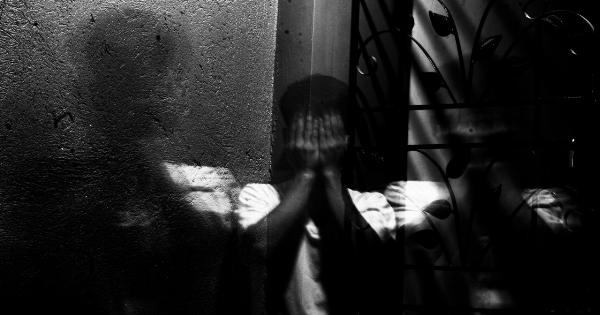Social media has become an integral part of our lives, allowing us to connect with friends and family, share photos and updates, and even discover new interests and hobbies.
However, in recent years, there has been growing concern about the impact of social media on mental health, particularly its link to depression. This article will explore the research surrounding the relationship between social media and depression, shedding light on whether social media is indeed making us depressed.
The Link Between Social Media and Depression
A number of studies have suggested a correlation between social media use and depressive symptoms.
One such study conducted by researchers at the University of Pittsburgh found that young adults who spent more time on social media were more likely to experience symptoms of depression. Another study published in the Journal of Social and Clinical Psychology revealed a link between increased social media use and feelings of depression and loneliness.
These findings raise important questions about the potential impact of social media on mental health.
While correlation does not necessarily imply causation, the findings do suggest a need for further investigation into the relationship between social media use and depression.
The Social Comparison Theory
One theory often cited to explain the potential negative effects of social media on mental health is the Social Comparison Theory.
According to this theory, individuals have a natural tendency to compare themselves to others, and social media provides the perfect platform for such comparisons.
On social media platforms, people often share carefully curated and idealized versions of their lives. This can lead to feelings of inadequacy and self-doubt when users compare their own lives to the seemingly perfect lives of others.
As a result, individuals may experience lower self-esteem and increased depressive symptoms.
The Role of Cyberbullying
Cyberbullying is another factor that has been linked to increased rates of depression among social media users, particularly among adolescents.
With the anonymity and distance provided by social media platforms, individuals may feel empowered to engage in bullying behaviors without facing immediate consequences.
Research has shown that cyberbullying can have long-lasting psychological effects, including depression, anxiety, and even suicidal thoughts.
The constant exposure to negative comments and online harassment can take a toll on a person’s mental well-being, leading to feelings of hopelessness and sadness.
The Fear of Missing Out (FOMO)
FOMO, or the fear of missing out, is another psychological phenomenon associated with social media use.
As users scroll through their feeds and see others having fun and experiencing exciting events, they may experience a fear of being left out or not living life to the fullest.
This fear of missing out can contribute to feelings of inadequacy, jealousy, and even depression.
Constantly comparing one’s own life to the seemingly perfect lives displayed on social media can lead to a distorted perception of reality, reinforcing negative emotions.
Social Media as a Support System
While the research suggests a link between social media use and depression, it is also important to acknowledge the positive aspects of social media.
For many individuals, social media serves as a support system, providing a sense of community and connection.
Online support groups and communities can offer a safe space for individuals facing mental health challenges to share their experiences and seek support from others who can relate.
Social media platforms can also be a source of inspiration, motivation, and helpful resources for individuals seeking to improve their mental well-being.
Moderation and Digital Well-being
As with most things in life, moderation is key when it comes to social media use. Here are some tips for maintaining digital well-being:.
- Set limits on social media usage and stick to them.
- Take regular breaks from social media for self-care and relaxation.
- Engage in activities that promote mental well-being, such as exercise, hobbies, and spending time with loved ones.
- Be mindful of the content you consume and the impact it has on your mental state. Unfollow accounts that make you feel inadequate or trigger negative emotions.
- Selectively share your own experiences on social media, focusing on authenticity rather than comparisons.
Conclusion
The research surrounding the link between social media use and depression is complex and ongoing.
While several studies have found a correlation between social media use and depressive symptoms, it is essential to recognize that social media can also serve as a powerful tool for connection and support.
By being mindful of our social media consumption and taking steps to prioritize our mental well-being, we can navigate the digital world in a healthier manner.
With moderation and self-awareness, social media can be a positive force in our lives, enhancing our connections and providing opportunities for growth and support.






























